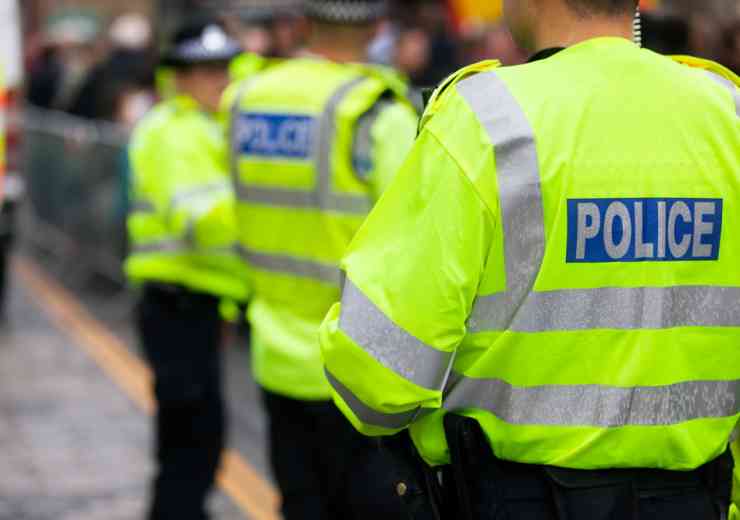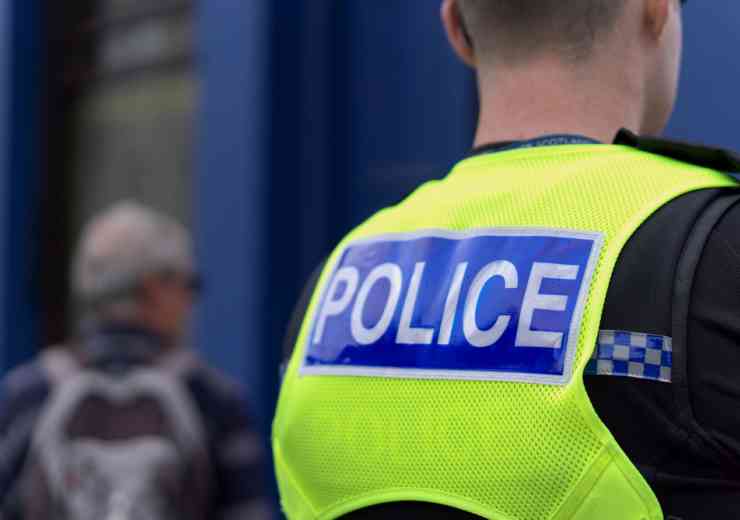Met begins operational use of Live Facial Recognition tech
The Metropolitan Police Service has announced that it will begin the operational use of Live Facial Recognition (LFR) technology in specific locations across London.
The use of live facial recognition technology will be intelligence-led, with senior police claiming that it will help tackle serious crime and protect the vulnerable. Police will begin operationally deploying LFR at locations where intelligence suggests we are most likely to locate serious offenders. Each deployment will have a bespoke ‘watch list’, made up of images of wanted individuals, predominantly those wanted for serious and violent offences.
The Met has stressed that the announcement is not a case of technology taking over from traditional policing, but instead a system which simply gives police officers a ‘prompt’.
The cameras will be clearly signposted and officers deployed to the operation will hand out leaflets about the activity. The technology, which is a standalone system, is not linked to any other imaging system, such as CCTV, body worn video or ANPR. Police say the cameras identified 70 per cent of wanted suspects and only generated false alerts in one in 1,000 cases.
Assistant Commissioner Nick Ephgrave, said: “This is an important development for the Met and one which is vital in assisting us in bearing down on violence. As a modern police force, I believe that we have a duty to use new technologies to keep people safe in London. Independent research has shown that the public support us in this regard. Prior to deployment we will be engaging with our partners and communities at a local level.
“We are using a tried-and-tested technology, and have taken a considered and transparent approach in order to arrive at this point. Similar technology is already widely used across the UK, in the private sector. Ours has been trialled by our technology teams for use in an operational policing environment. Every day, our police officers are briefed about suspects they should look out for; LFR improves the effectiveness of this tactic. Similarly if it can help locate missing children or vulnerable adults swiftly, and keep them from harm and exploitation, then we have a duty to deploy the technology to do this.”
The announcement follows earlier pilots in London and deployments by South Wales police.






















